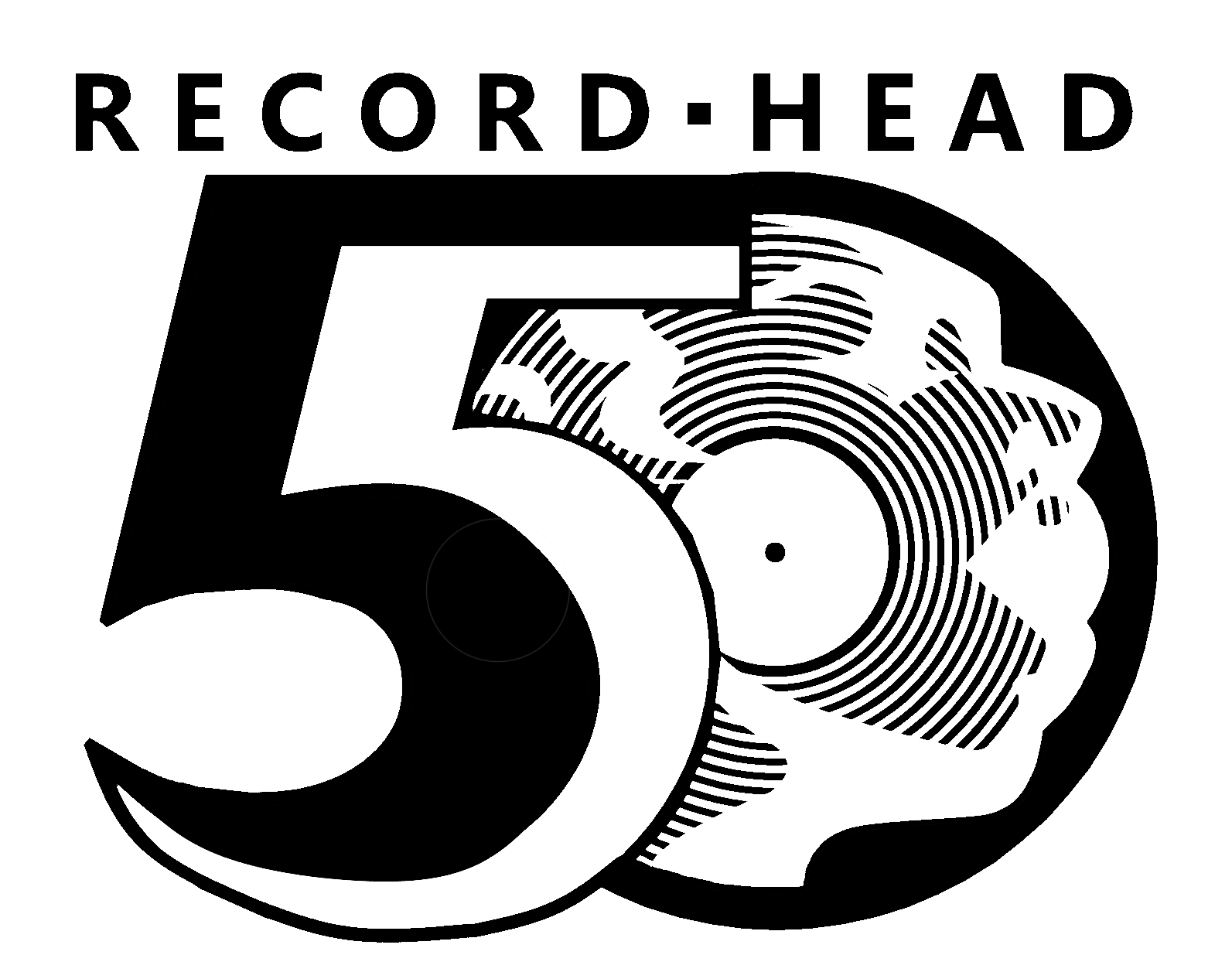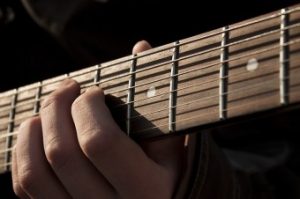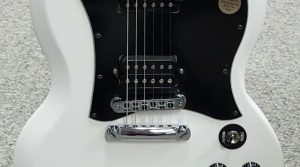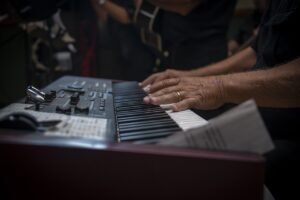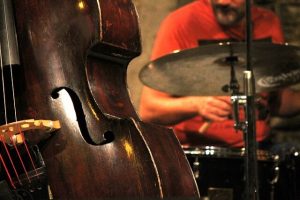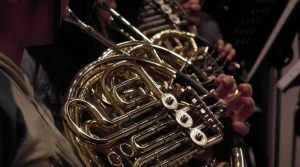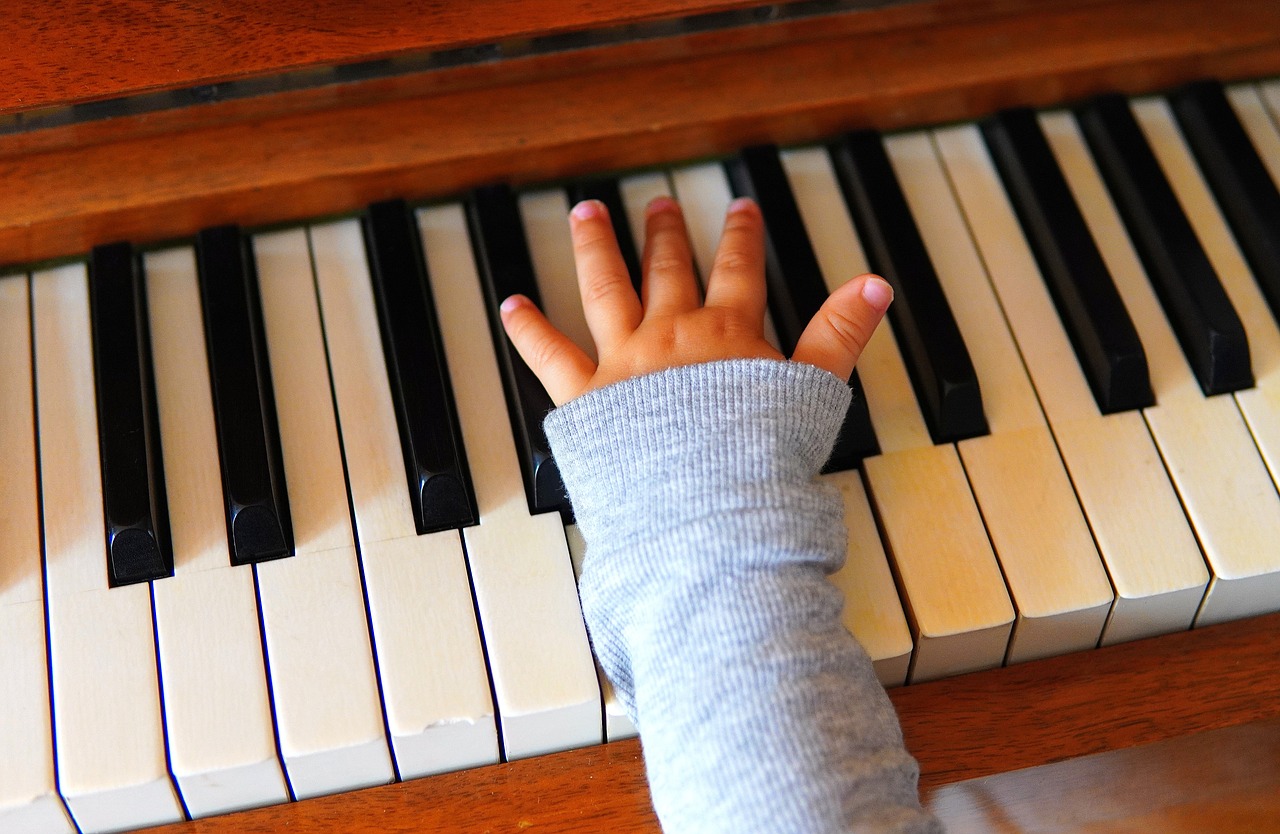
Engaging with music is one of the greatest ways for a child to learn. In fact, a recent study found that children’s brains develop faster with consistent music training. Music also encourages movement whether you’re playing or listening, which helps children become accustomed to their bodies.
The benefits of teaching children to play musical instruments manifest in numerous ways. Keep reading to see how playing with a musical instrument can positively affect your toddler’s life.
What Are The Benefits of Music in Child Development?
Musical instruments are important for children because they train the mind and body. Teach your child to play with musical instruments to help them make strides in the following areas.
Brain Development
Like a muscle, the brain needs to work to grow. Playing an instrument stimulates the brain, which can accelerate development in toddlers. The areas of the brain responsible for language, speech and reading see some of the most significant improvements after years of musical training.
Sensory Development
Stimulating the brain also enhances the senses. When children learn musical instruments, they exercise their brains while training their ears. Time spent learning music can sharpen a toddler’s ability to perceive and decipher sound. Plus, the act of playing the instrument can refine and enrich a toddler’s sense of touch.
Motor Skills
Playing with musical instruments can help toddlers develop their gross and fine motor skills. Music encourages movement, so your toddler will gain control of their large movements as they wiggle to the beat. Additionally, the intricate hand motions involved in laying an instrument build dexterity.
Confidence
Learning a musical instrument requires effort and dedication. Children grow more confident as they persevere through the initial hurdles that come with learning an instrument. They learn the skill itself along with the knowledge that, when they put their mind to something, they can accomplish great things. Plus, music teaches children to confidently express themselves in front of others.
Listening Skills
Learning a musical instrument refines hearing and listening skills. Music trains the ear to discern small details and teaches the value of following instructions. Your child will experience the intrinsic satisfaction of creating music as they follow their instructor’s directions. They’ll also build their ability to focus on a task, even as it becomes more challenging.
When Should Children Start Using Real Instruments?
Toddlers need more time for their brains to develop before using real musical instruments, so allow your young child to play with musical toys for the first few years. Children can switch to real musical instruments around 5 or 6 years old.
What Are the Best Instrument for Children?
Some instruments are more challenging than others, especially for children who need to develop their motor skills. The best instrument for children to learn at a young age is the piano because the keys are gentle on young fingers. The guitar and violin are also excellent options. By ages 9 or 10, children can try more advanced brass instruments or woodwind instruments like the trumpet, clarinet, saxophone, or trombone.
Music will have a positive influence on your child’s development. You’ll find the best deals on instruments at a buy, sell, trade store, so check out Record Head’s musical instrument collection to purchase your child’s first instrument today.
